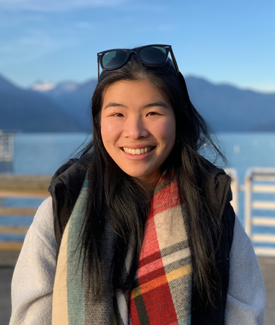![]() Hi! My name is Julia Tepes and I am a third year KIN transfer student in the Interdisciplinary stream. I chose to study KIN because I love people, fitness and health. Kinesiology seemed like the perfect fit! So far, my favorite course at UBC has been KIN 373, Research Methods in Kinesiology. I love research because it gives us the ability to better understand each other and the world around us as a whole. On a different note, something most people do not know about me is that I’ve been singing in a choir for 11 years, I love hiking, and I just bought a long board! Just know that if you see someone face-plant off a rolling object while on your way to class, it could very well be me.
Hi! My name is Julia Tepes and I am a third year KIN transfer student in the Interdisciplinary stream. I chose to study KIN because I love people, fitness and health. Kinesiology seemed like the perfect fit! So far, my favorite course at UBC has been KIN 373, Research Methods in Kinesiology. I love research because it gives us the ability to better understand each other and the world around us as a whole. On a different note, something most people do not know about me is that I’ve been singing in a choir for 11 years, I love hiking, and I just bought a long board! Just know that if you see someone face-plant off a rolling object while on your way to class, it could very well be me.
I hear many students talking about becoming a physiotherapist, and I think that’s a great career choice, but part of me can’t help but wonder what that really brings and what else is out there. To find out, I decided to apply to the KIN Co-op Program.
So far we’ve completed a workshop on cover letters, resumes and self-assessment, and another workshop all about applying for jobs and interviewing techniques! I thought I knew all about applying for jobs (I had previously taken professional development courses at BCIT), but it was humbling to realize how much I still had to learn. It’s been so great having Simone, the Co-op Coordinator, and Leah, the Co-op Program Associate here as they’re open to helping with even the nittiest and grittiest of things.
Did you know that there is highly effective way to organize your resume to highlight your relevant skills and experience for each job you are applying to? After our first workshop, my resume has completely changed, and is now suited to be sent out to Kinesiology Co-op employers! The interviewing workshop was also extremely eye-opening, as we not only learned how to talk about ourselves (something I did not think I’d struggle with), but how to tailor and phrase answers in a way that will keep employers engaged and impressed.
I definitely recommend the Co-op Program to other students. You have nothing to lose. If you find that you get overwhelmed with school and zone out during the semester (like me), co-op is a great way to force yourself to get out of your comfort zone and think of the bigger picture – not just the here and now. Simone and Leah become your biggest cheerleaders! If you don’t know what you want to do with your degree (again, like me), this program can expose you to careers you may not have pictured yourself in before. I’m so excited for all that is to come and would love to keep fellow Kinners posted on the adventures that come with this whole co-op experience. Thanks for tuning in!
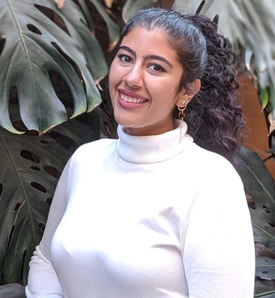
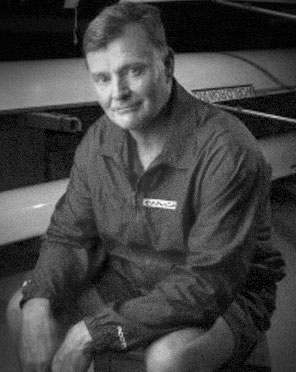
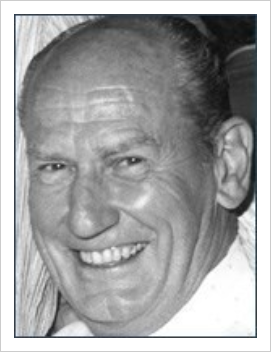 It is with great sadness the School has learned that Emeritus, Jack Pomfret passed away on Nov 6th. He was 96 years old. Jack was an Associate Professor in the Department of Physical Education (School of Kinesiology) at UBC from1946-1988, serving a 41 year career as a dedicated teacher, and a remarkable 37 years as a varsity coach. Jack was exceptional, and ‘felt that teaching kids was his most important responsibility’. He excelled in sport and was inducted into the
It is with great sadness the School has learned that Emeritus, Jack Pomfret passed away on Nov 6th. He was 96 years old. Jack was an Associate Professor in the Department of Physical Education (School of Kinesiology) at UBC from1946-1988, serving a 41 year career as a dedicated teacher, and a remarkable 37 years as a varsity coach. Jack was exceptional, and ‘felt that teaching kids was his most important responsibility’. He excelled in sport and was inducted into the 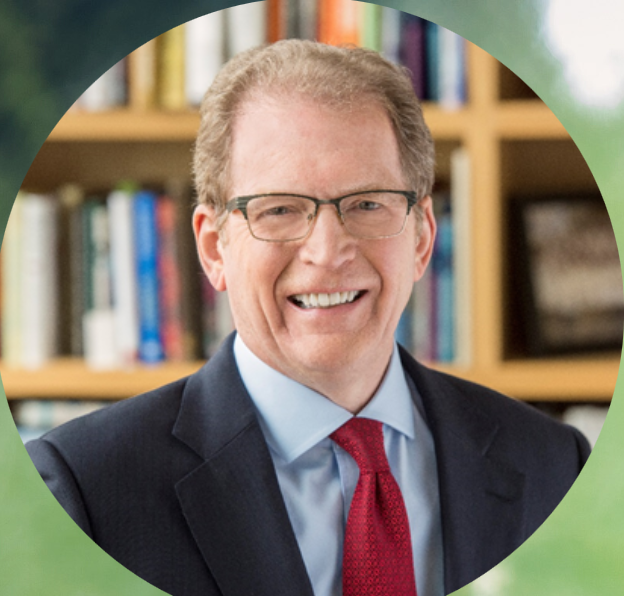
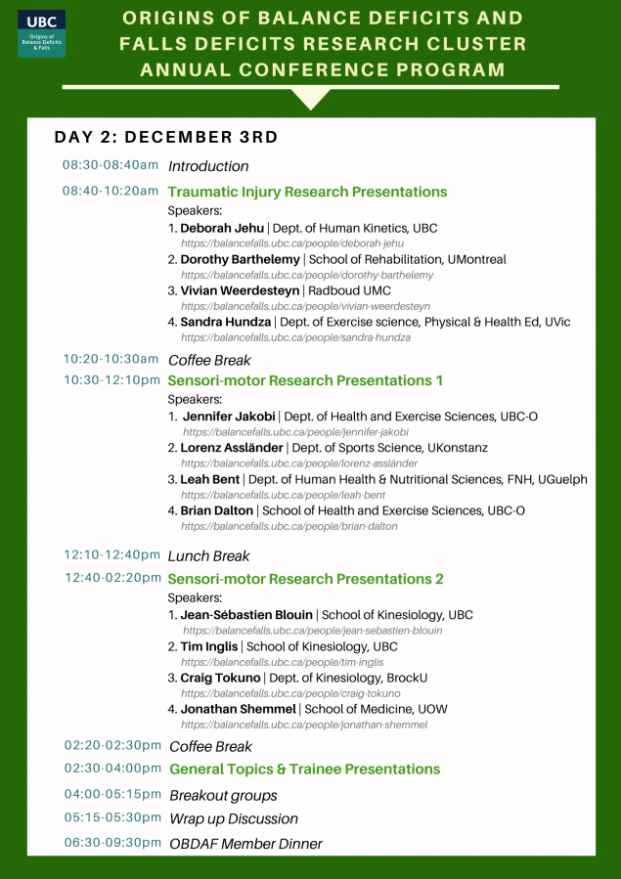
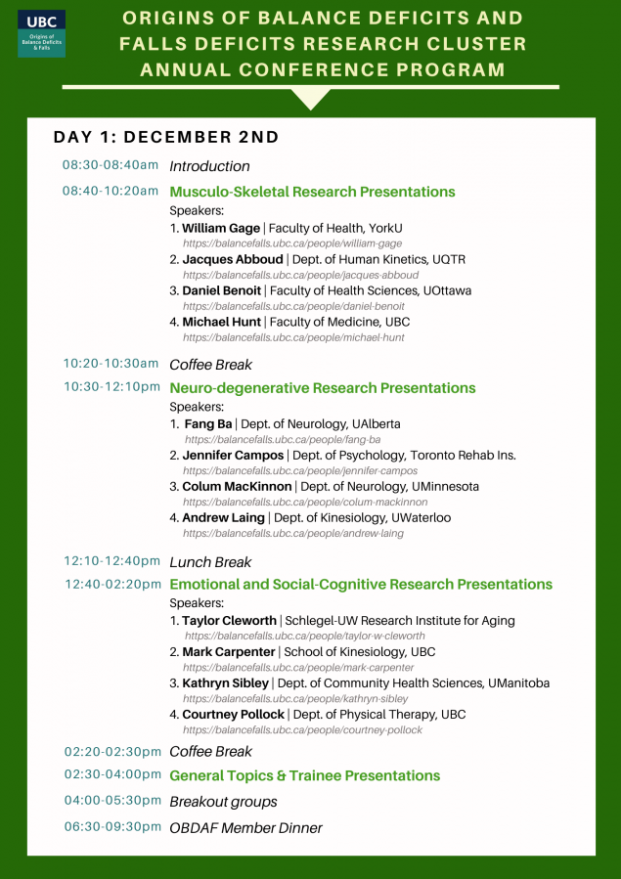

 At this exclusive event for UBC students, alumni and faculty, you are invited to discover all the opportunities within the Cannabis industry, now valued at $5.7 billion dollars in Canada, and how you can position yourself for a career in the sector. This will be of particular interest to students and professionals in the he
At this exclusive event for UBC students, alumni and faculty, you are invited to discover all the opportunities within the Cannabis industry, now valued at $5.7 billion dollars in Canada, and how you can position yourself for a career in the sector. This will be of particular interest to students and professionals in the he